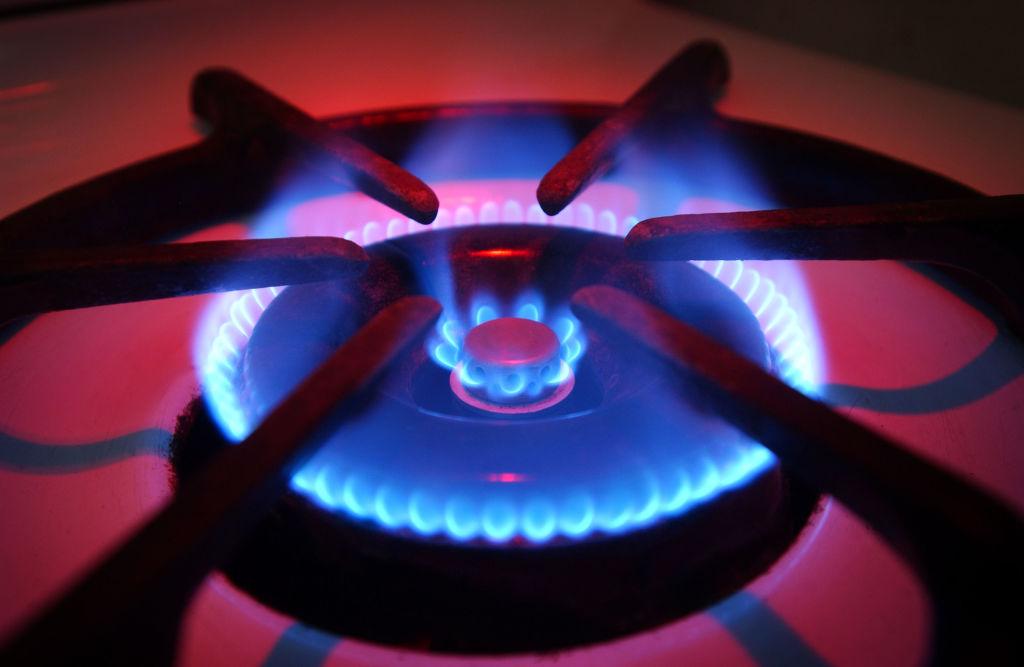New York state is reportedly close to enacting the nation’s first legislative ban on gas stoves for most new construction, including single-family homes and commercial buildings.
Amid a statewide uproar over the plan, the Democrat-led state legislature is set to advance the move as part of Democrat Gov. Kathy Hochul’s $227 billion budget blueprint, which heavily focuses on phasing out the use of fossil fuels with a commitment to creating a “cleaner, healthier environment for future generations.”





